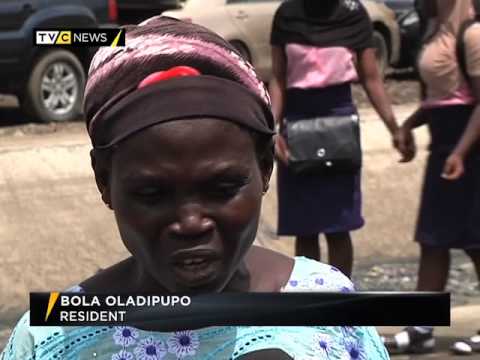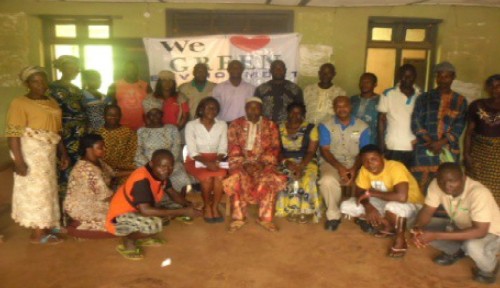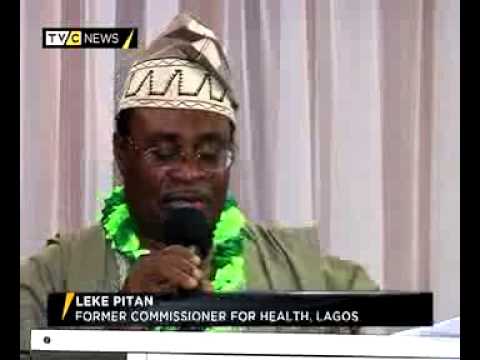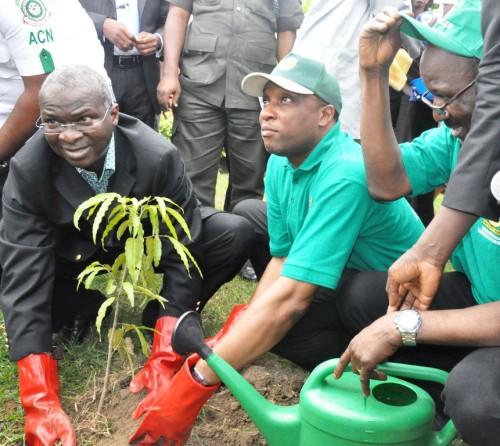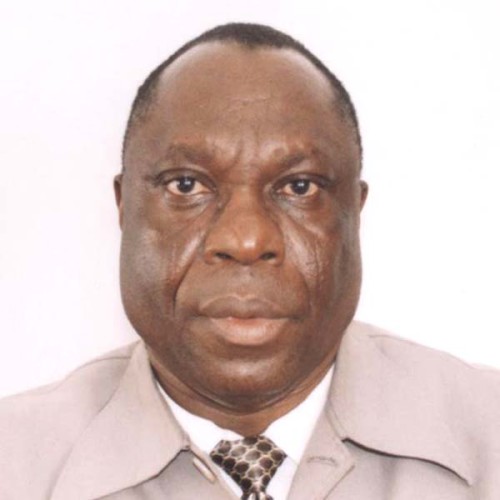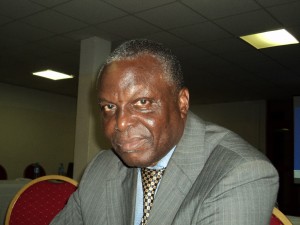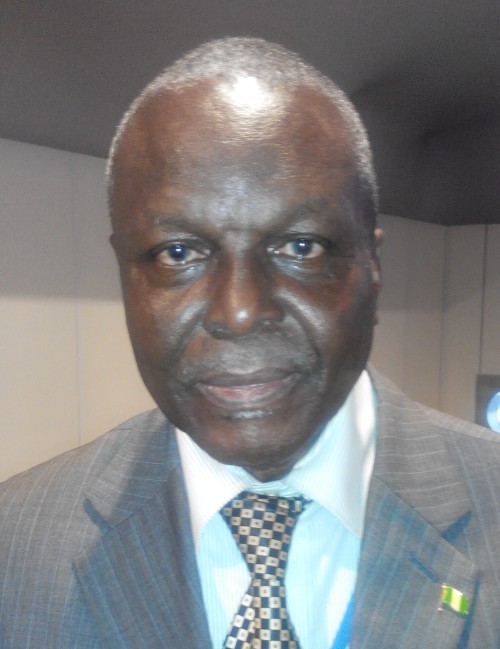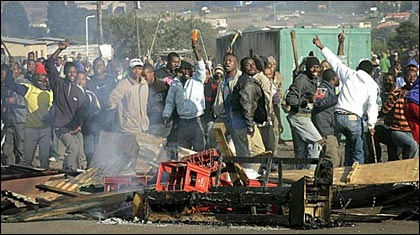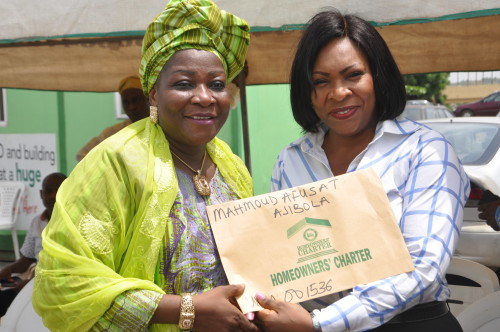Country Manager, United Nations Human Settlements Programme (UN-Habitat), Mallam Kabir Yari, along with Chair, African Planning Association, Alhaji Waheed Kadiri, have been confirmed as speakers at a forum designed to beget sustainable urban development in Nigeria as well as examine the role of African cities in the emerging urban agendas.
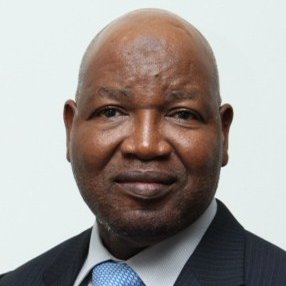
Titled “Promoting Durable Urban Knowledge Institutions in Africa by activating the African Urban Research Initiative Project,” the workshop is scheduled to hold on Thursday, May 7, 2015 at the University of Lagos, Akoka.
Organised by the African Urban Research Initiative (AURI) and Lagos Urban Research Network (LURNet), the lecture will address from an African/Nigerian perspective:
- how to conceptualise and respond to urban informality,
- how to conceptualise and promote urban resilience,
- how to conceptualise and respond to urban spatial inequality, and
- how to do so through co-production methods.
It will also provide a forum for:
- identifying the most critical and important issues at country level, which could then be consolidated to help develop regional policy,
- documenting the views of key local and national constituencies (including government, private sector and civil society groups) in the Nigerian urban development and environmental management sectors sector in activities leading up to Habitat III, and
- generating localised awareness and support of AURI activities while giving momentum to key AURI arguments and positions that will serve an input towards Africities and Habitat III events.
“As an AURI Partner, LURNet is pleased to organise this in-country workshop on the place of African cities in the emerging global development agendas. We are hopeful that the narrative on Nigerian urbanisation will be well articulated and advanced as we work towards achieving inclusive and sustainable cities,” submitted Dr Taibat Lawanson, who heads the Department of Urban & Regional Planning at the University of Lagos.
A multi-disciplinary urban laboratory domiciled at the Department, LURNet was conceived for the promotion of theoretical and applied research in urban planning and development and serves as a real-time incubator for research on the Lagos Urban Area and Nigeria in its broad context.
According to Lawanson, LURNet provides an avenue for interdisciplinary research and intellectual discourse on Urban and Regional Planning and Development, with a view to promoting sustainable and acceptable urban development.
“It organises the annual Urban Dialogue Public Lecture where public figures speak of city dynamics from their own perspectives as well as several exhibitions highlighting contemporary issues such as climate change, city branding, place making and reconciling old and new cities,” she added.
In 2011 the African Centre for Cities (based at the University of Cape Town, South Africa) received a grant from the Rockefeller Foundation to pursue a project to scale-up applied urban research and practice in Africa. The African Urban Research Initiative (AURI) was a response to the need to support existing and future homegrown applied research centres to inform and enhance urban policy actors and networks in African countries towards the development of responsive urban policy and management.
With support from the Cities Alliance, Mistra Urban Futures Programme and the Ford Foundation, a series of workshops have been held in various African cities to develop this narrative. The first workshop, held in Addis Ababa in March 2013, was to raise the debate and foster action amongst key research and donor stakeholders in the urban field, whilst establishing a shared understanding of the scope and implications for research and knowledge management of the urban transition in Africa.
The second meeting was held in Nairobi in February 2014, with the theme “Institutional models of co-production in the African city.” A third AURI workshop meeting was held in November 2014, in Cape Town with a theme “Urban research for reducing urban poverty.”
The meetings highlighted the fact that AURI has an important advocacy role to play in providing the basis for developing compelling research and advocacy agenda around African urbanisation and urban poverty reduction, targeting key events such as the 2015 Africities meeting as well as the 2016 Habitat III conference.
However, it was also recognised that AURI needs to develop its positions and arguments in a very limited timeframe. These arguments need to be regional in their scope, yet also acknowledge the diversity of urban processes and forms across the African continent. As such the necessity for regional workshops are imperative. It is towards achieving this objective vis-a-vis the situation in Nigeria that the workshop at the University of Lagos is being organised by LURNet. The workshop is sponsored by AURI.

